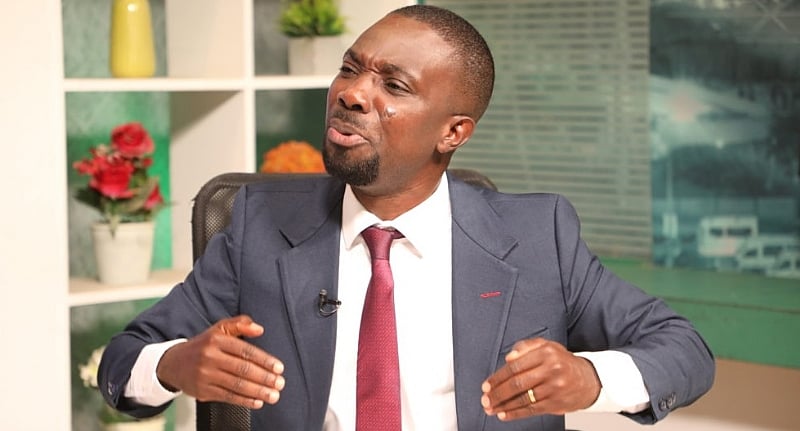Dennis Miracles Aboagye, an aide to former Vice President Dr. Mahamudu Bawumia, has rejected calls for President John Dramani Mahama to declare a state of emergency to combat illegal mining, commonly known as galamsey. Aboagye argues that such a declaration wouldn’t be the silver bullet solution to the complex problem. He believes that a multi-pronged approach focusing on community education and mindset reorientation, coupled with consistent law enforcement, is more likely to yield sustainable results. He emphasizes the importance of community ownership in tackling the issue, suggesting that educating local populations about the devastating consequences of galamsey on their environment and livelihoods would be more effective than top-down emergency measures.
Aboagye’s dismissal of the state of emergency stems from his conviction that such drastic measures often fail to address the root causes of the problem. He draws upon past experiences, including the previous government’s two-year ban on small-scale mining, which, despite initial success, proved unsustainable. He pointed out that galamsey resurged vigorously once the ban was lifted, demonstrating the ineffectiveness of temporary prohibitions. He believes that this resurgence underscores the need for a more comprehensive and long-term strategy that tackles the issue at the community level.
Instead of focusing on short-term solutions like bans, Aboagye advocates for a more proactive approach that educates and empowers communities to fight galamsey. He suggests that showcasing the detrimental effects of galamsey directly to the affected communities would be a more impactful way to foster change. By witnessing firsthand the damage to their water bodies and land, residents are more likely to become active participants in combating the illegal activity, rather than remaining passive observers. This bottom-up approach, he believes, would be more sustainable and effective in the long run.
Central to Aboagye’s argument is the belief that community involvement is the cornerstone of any successful anti-galamsey strategy. He argues that educating communities about the long-term consequences of illegal mining, including environmental degradation and health risks, would foster a sense of responsibility and ownership. This grassroots approach, coupled with continued law enforcement efforts, stands a better chance of eradicating galamsey than politically driven declarations of a state of emergency, which he sees as a superficial and ultimately ineffective solution.
He also criticizes the politicization of the galamsey issue, arguing that political grandstanding often hinders genuine efforts to address the problem. He points to the cyclical nature of previous interventions, which have often been driven by political expediency rather than a genuine desire for sustainable solutions. This politicization, he suggests, creates a volatile environment where short-term gains are prioritized over long-term solutions, ultimately exacerbating the problem. He therefore calls for a depoliticized approach, focusing on community-driven solutions and consistent law enforcement.
Aboagye’s perspective highlights the limitations of top-down approaches in tackling complex societal problems like galamsey. He champions a bottom-up strategy that prioritizes community education, mindset reorientation, and sustained law enforcement. By empowering communities to take ownership of the fight against illegal mining, he believes that a more sustainable and effective solution can be achieved. This approach, he argues, will be more successful in the long run compared to temporary bans or politically motivated declarations of a state of emergency.














